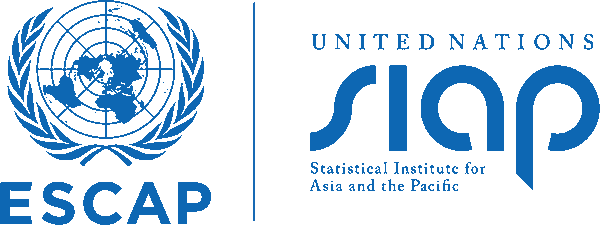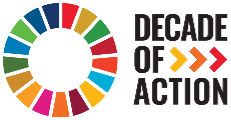
Environment is one of the three pillars of sustainable development. The Agenda 2030 and accompanying Sustainable Development Goals have a strong environmental component and recognize the importance of properly managing environmental assets for the benefit of current and future generations in a equitable manner. Furthermore, the SDGs call for regular reporting of indicators on many environmental topics such as biodiversity, energy, ecosystem, oceans, land, sustainable consumption and production, water and waste.
To support the implementation of the 2030 Agenda and to more broadly build capacity in countries for the compilation of environmentally related data, UNSIAP in collaboration with partners, continues to expand the number of e-learning courses on environment statistics, accounts and indicators. An introductory course on the System of Environmental Economic Accounting is available; a course on Energy Statistics and Accounts will be available in the second half of 2020. We encourage you to visit out platform on a regular basis to see what new courses are available.
<< Online course >>


